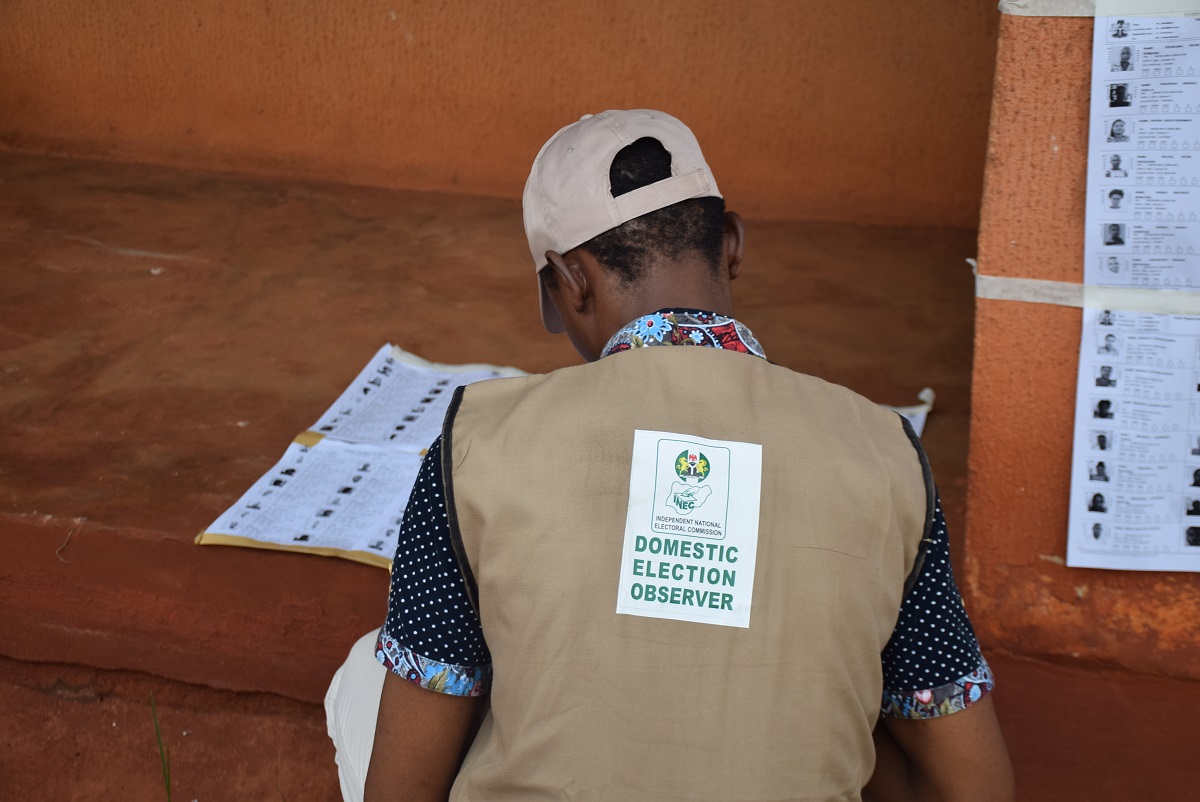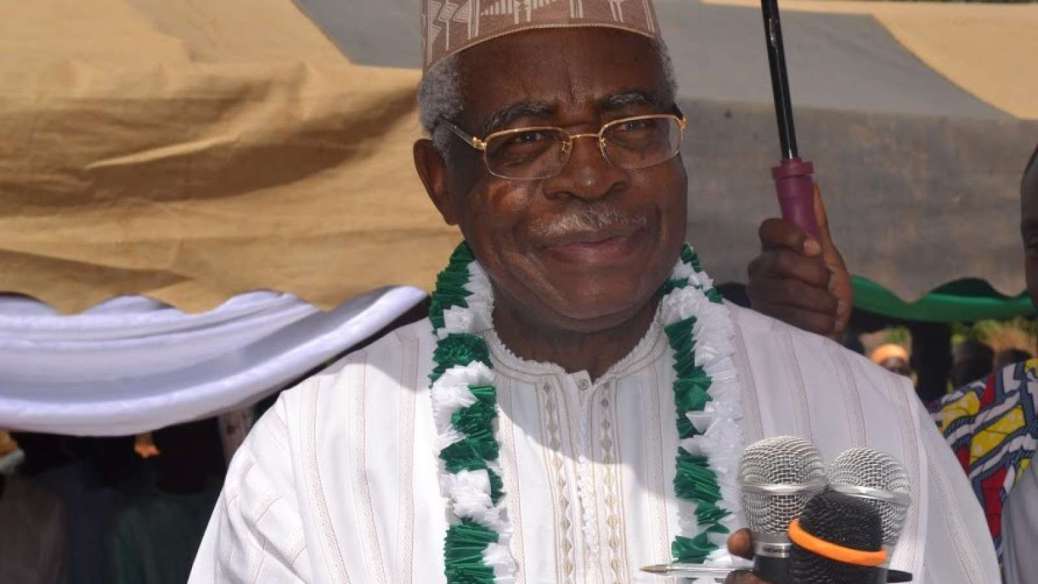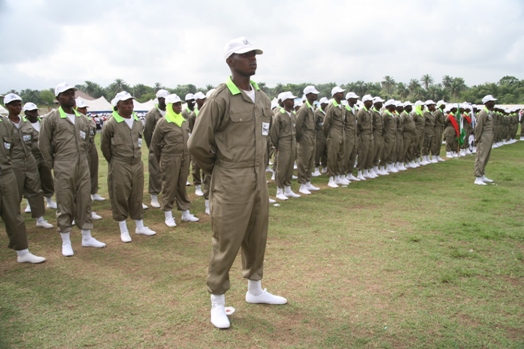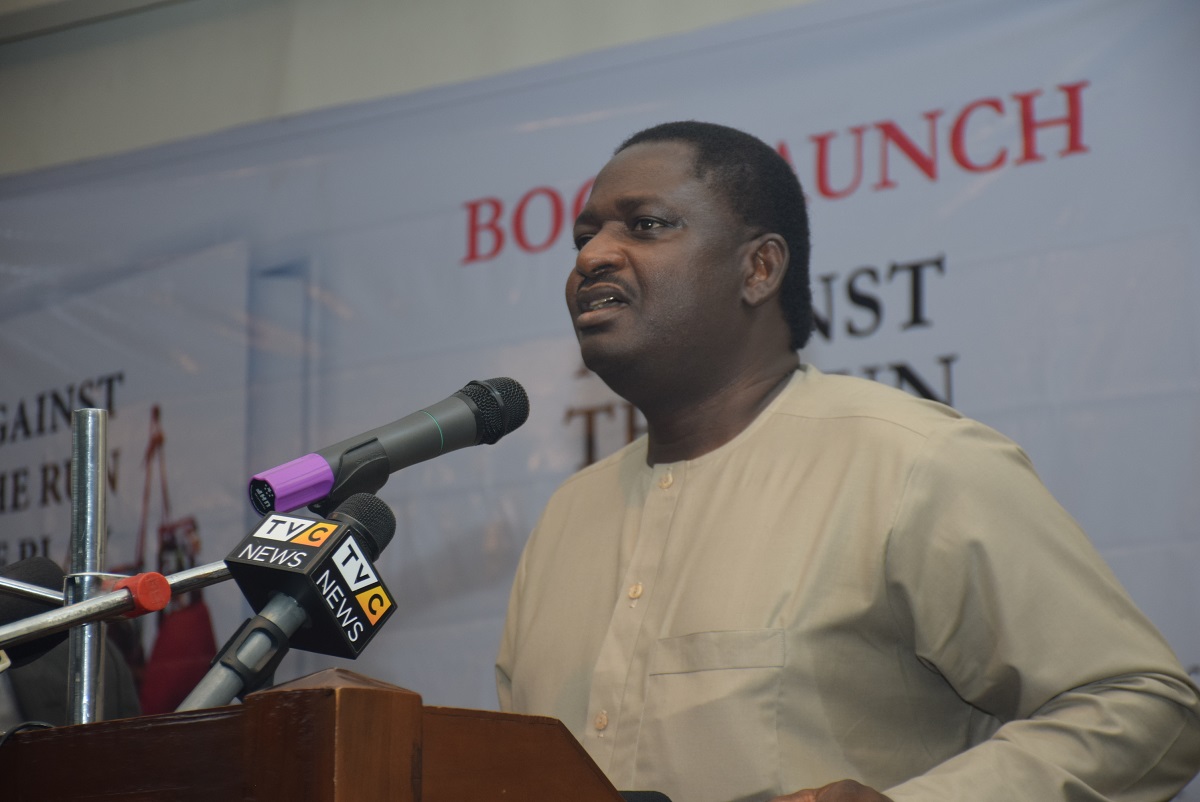BY TEMITAYO LAWAL
Opinion polls have changed from being mere straw polls – as obtainable in late 19th century and early 20th century – where pollsters simply travelled, say, on a train and surveyed opinions at their convenience. Polling is now a highly sophisticated process that involves big data, computer models, rigorous and robust sampling processes; it is serious, big business.
Professional pollsters conduct polls on various issues using diverse methods and platforms, but political polls conducted online are the subject here. Surveys to predict election outcomes and gauge topical political issues are the staple of political pollsters. The advent of the internet and the proliferation of social media platforms have enabled a new, flexible form of polling through ready access to many people and produces results quickly. Nigeria with over 90 million internet users is a pollster’s paradise.
Although easy and convenient, online polling isn’t entirely safe. Polls, which aren’t just about simple majority, can be misleading; it’s a complicated process. To produce relatively reliable results, the sample from which generalizations are made must fulfill some basic requirements, randomization and representativeness are important. In other words, it must have predictive power. Unfortunately, online polls especially in Nigeria, aren’t structured to capture these. Pollsters just set up online platforms and ask, “who would you vote for as president if the 2019 elections were held today?” At best, what it measures, is the level of political participation online. It doesn’t tell us how the elections are likely to turnout.
Advertisement
Polling companies invest so much human and financial capital in gathering and analyzing data. They know that random and representative sampling methods that put into consideration sample size and other critical factors like age, gender, socio-economic profile and other relevant demographics are what produce reliable results. They go as far as drawing large random samples from telephone directories and other available national data banks.
To conduct credible polls, traditional polling institutions also take cognizance of the wording of the questions, data processing, margin of error and randomization. Yet they fail, sometimes. Remember Brexit, for instance. Many polls wrongly predicted that the NO votes were in the majority. We were all shocked when a similar event played out in the 2016 US presidential elections. Hence, the validity of polls that don’t go through such a process leave a lot to the imagination.
Online political polls in Nigeria are a glorified attendance exercise; the wording of the questions, the survey design, the sample size, demographics are given short shrift. Well-structured online polls capture relevant demographics and factor in not just those willing to vote but those who can i.e. those with a permanent voter card (PVC).
Advertisement
It is, however, difficult to factor in the sample and population. For instance, a poll conducted on a clearly partisan blog or by a social media influencer, will usually reflect the same political leaning and bias of the blog or influencer. Relying on such online polls is like patronizing prophets with a penchant for prophesying after the event.
Another issue that’s gained prominence in political polling is how to determine respondents who are likely to vote. The internet is available to everyone, young and old. Millennials including teenagers are the most prominent users. So, it is important to know, for instance, the age of respondents. If not, we might have a sizeable chunk of respondents below the voting age. This makes the poll invalid and misleading.
Another peculiar polling issue is margin of error. Unlike what you might think, margin of error isn’t about the poll itself but the sample size. People who are in the business of statistics call it Margin of Sampling Error (MOSE) and it is determined by the sample size. The greater the sample size, the lower the MOSE and hence the more confidence one can have in the poll results. Traditional polling institutions always include this in their results. For nonexperts, it can be somewhat tricky.
Take for example a poll result in which 52 percent of respondents say President Jonathan was likely to win the 2015 election with a 5 percent margin of error. In other words, President Jonathan has a plus or minus 5 percent chance of winning the election i.e. between 57 and 47 percent. MOSE is, however, calculated for each candidate independently. That means the opposition candidate favoured by the remaining 48 percent of the respondents is somewhere between 43 and 53 percent. So, it’s anybody’s guess.
Advertisement
To poll how Nigerian voters will cast their ballots in an election, any survey sample worth its salt must be robust, representative and reliable. The sample must resemble as far as possible the relevant demographics of the voting population whose behaviour it’s trying to predict. Online polls today don’t meet these requirements and are at best barometers for issues heating the body polity.
Temitayo Lawal is an analyst at WNT Capitas, a communications consultancy, and a member of The Peter Bauer Foundation (aka The Liberal Forum).






